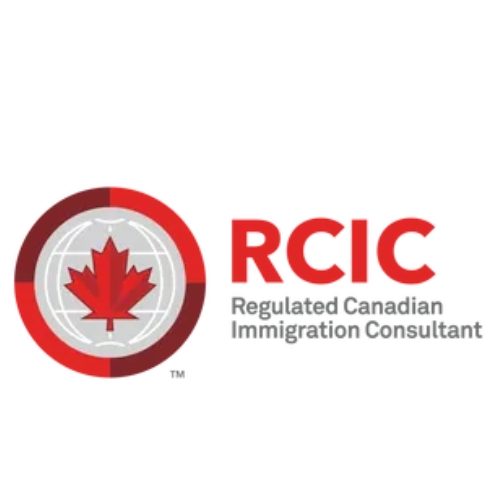Rural Community Immigration Class: A Gateway for International Students Without Work Experience

Canada has long been a beacon for international students seeking quality education and a promising future. Recognizing the unique challenges faced by graduates aiming to transition to permanent residency, the Rural Community Immigration Class (RCIC) introduces an exemption from work experience requirements for eligible international students. This initiative not only accelerates the pathway to residency but also fosters economic growth in designated rural communities.
What is the Rural Community Immigration Class?
The RCIC is a federal immigration program aimed at addressing labor shortages in rural Canada by encouraging skilled newcomers to settle and contribute to local economies. A cornerstone of the program is its inclusivity, offering international graduates an expedited route to permanent residency without requiring prior work experience under specific conditions.
Eligibility for the International Student Exemption
To qualify for the exemption under the RCIC, international graduates must meet the following requirements:
1. Recent Graduation
● Applicants must have completed an eligible Canadian educational program within 18 months before submitting their application for permanent residency.
● Full-time enrollment throughout the program is mandatory.
2. Residency in the Community
● For programs shorter than two years (e.g., master’s or doctoral programs), applicants must have lived in the designated rural community for the entire duration of their studies.
● For programs lasting two years or more, at least 16 months of residence in the community within the 24 months preceding graduation is required.
3. Eligible Credentials
● Must have obtained a diploma, degree, certificate, trade, or apprenticeship credential from a Canadian public post-secondary institution in the designated rural community.
● Programs where over half of the credits were in distance learning, English or French as a second language, or funded by a scholarship requiring return to the home country are ineligible.
4. Authorization to Study
● Applicants must have held valid study permits and maintained temporary resident status while pursuing their education in Canada.
Additional Requirements for All RCIC Applicants
While international students may benefit from the exemption, all applicants must fulfill other essential criteria:
1. Language Proficiency
○ Minimum Canadian Language Benchmark (CLB) levels are required, depending on the job offer's National Occupational Classification (NOC) level:
■ TEER 0 or 1: CLB 6
■ TEER 2 or 3: CLB 5
■ TEER 4 or 5: CLB 4
2. Job Offer
○ A valid, permanent, full-time job offer from an approved employer in the designated rural community.
3. Proof of Funds
○ Demonstrate financial ability to support themselves and their dependents for at least one year, unless already employed in Canada.
4. Intent to Reside
○ Clearly express and demonstrate a commitment to settling in the rural community.
Why Choose the RCIC Pathway?
The exemption from work experience highlights Canada’s focus on retaining international talent. By eliminating this barrier, the RCIC encourages graduates to integrate seamlessly into rural communities where their education and skills can directly address local labor needs.
For students who have already established roots in these communities during their studies, the RCIC provides an opportunity to continue building their future in a supportive and thriving environment.
Tips for International Graduates Considering the RCIC
1. Engage Early: Connect with Economic Development Organizations (EDOs) in your community to understand the local labor market and priority occupations.
2. Build Connections: Cultivate relationships with potential employers during your studies to secure job offers aligned with RCIC requirements.
3. Stay Informed: Monitor updates on designated communities and eligibility criteria to maximize your chances of success.
Final Thoughts
The Rural Community Immigration Class offers international students a unique opportunity to contribute to Canada's rural prosperity while achieving their dream of permanent residency. With the exemption from work experience requirements, Canada reaffirms its commitment to empowering international graduates and fostering vibrant, inclusive communities across the nation.
If you’re an international graduate aspiring to make Canada your permanent home, consider the RCIC as your pathway to success.








